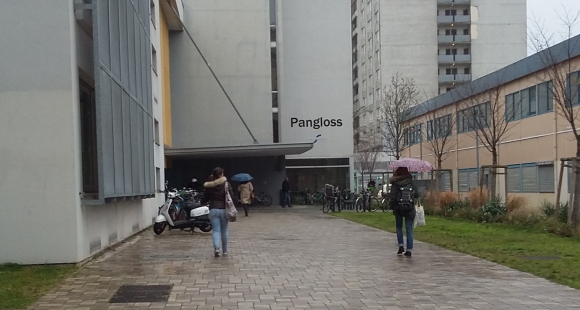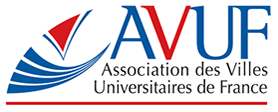
From language classes and financial aid for students to academic positions and degree equivalency assistance for graduates, universities are providing refugees with a wide range of opportunities.
In February 2016, the European University Association (EUA) published an interactive welcome map of the over 100 European university initiatives to support refugees. The goal is to "allow universities to exchange information, influence policymakers and share best practices," explains Michael Gaebel, Head of EUA's Higher Education Policy Unit.
The map lists seven French universities, including the University Paris 1 Panthéon-Sorbonne, the University of Paris X Nanterre, the University of Strasbourg and the University of Poitiers. Poitiers welcomed ten Syrian students in 2014, offering them a year of French classes. Now four of them are studying medicine and six have started science degrees.
Science4Refugees
In October 2015, the European Commission launched Science4Refugees, a platform that allows refugees to apply for university jobs and internships. The goal, according to the site, is to help refugees by enabling them "to put their skills and experience to good use in Europe's research system." Six months later, the Commission counts "887 listings posted by 210 universities and research institutions."
The Université libre de Bruxelles (ULB) is one such university. ULB created ten post-doctoral positions for refugee researchers. While the initiative has been effective, ULB Vice-Rector for Student Affairs Jean-Michel de Waele maintains that "the European Union should do more and provide the necessary means for all universities to welcome students and researchers."
Social Responsibility
It is the universities' sense of social responsibility that has driven them to support the migrants caught in the crisis. According to Michael Gaebel, students feel that schools have a moral obligation and sometimes urge them to take action. Jean-Michel de Waele explains, "Universities don't just fill minds with knowledge, they also shape those minds. We train students to be citizens."






